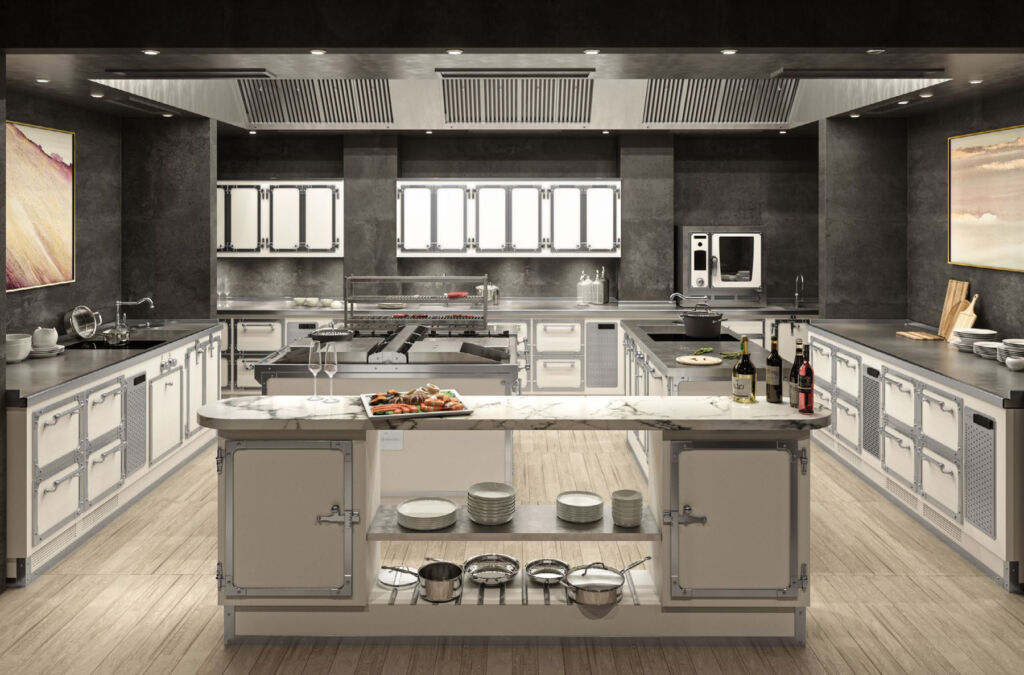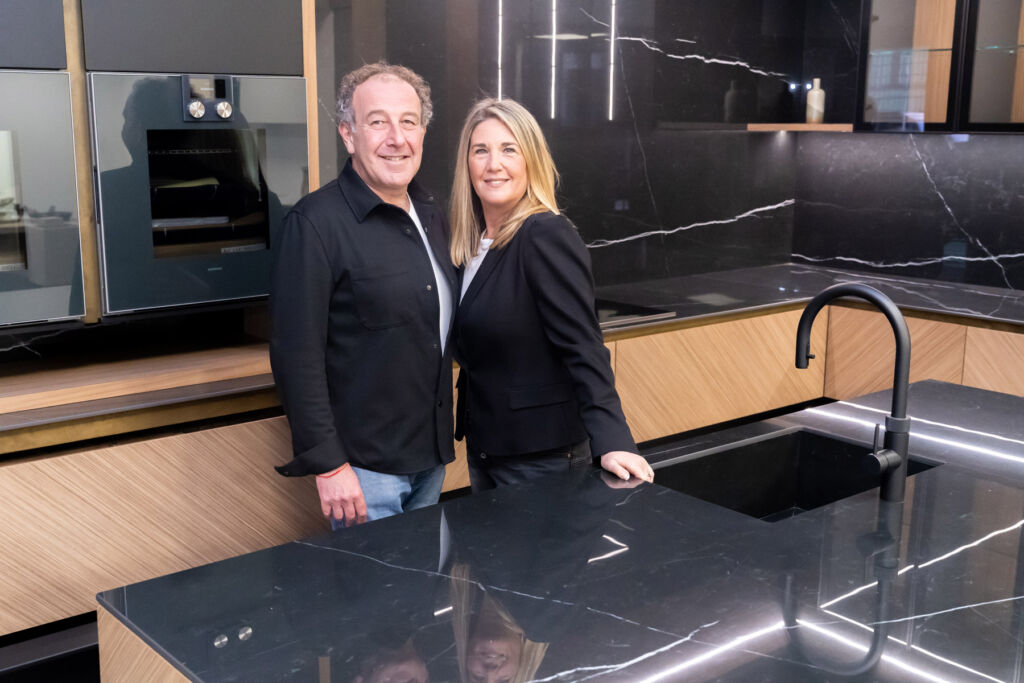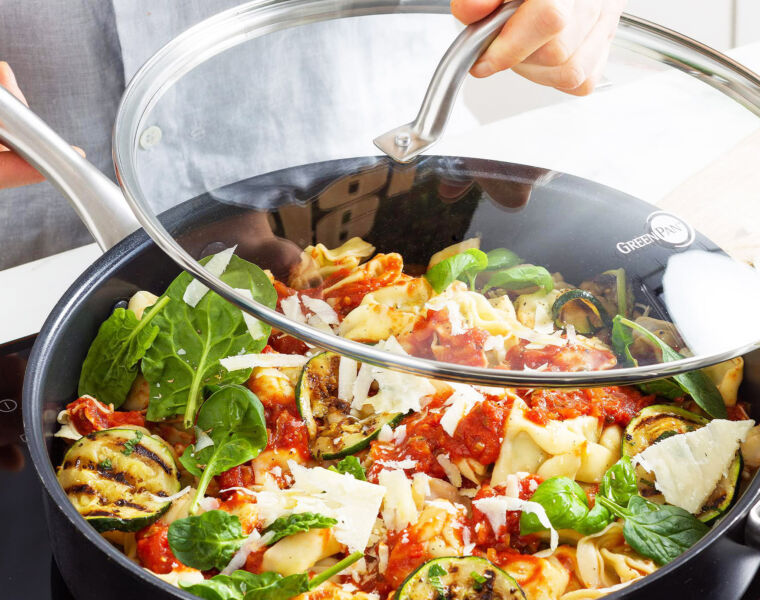
In recent years, the concept of sustainability has become a constant in most aspects of life, including home renovations. As homeowners increasingly prioritise eco-friendly practices and seek to reduce their carbon footprint, the trend of purchasing both used and second-hand kitchens has gained significant traction.
In this day and age, purchasing a second-hand kitchen is not only a decision driven by environmental concerns, but it also comes with another benefit, which is the lower cost when compared to traditional kitchen renovations. The lower impact on one’s finances has led to second-hand kitchen retailers emerging as valuable resources, with many offering significantly lower prices, quality assurance and customisable options to meet the diverse needs of consumers.
Below are five reasons why you should consider choosing a second-hand kitchen:
1. Quality assurance: Ensuring you get what you pay for
When it comes to purchasing anything second-hand, ensuring its quality is paramount. Unlike a brand-new kitchen, which is guaranteed to be pristine, buying second-hand requires a keen eye for detail. Structural integrity, material quality, and appliance functionality are key factors during the inspection process.
While some may have concerns about the durability of used kitchens, it’s important to dispel the misconception that they are inherently inferior to new ones. In fact, many second-hand kitchens are meticulously maintained and offer longevity comparable to their newer counterparts due to superior craftsmanship.
Reputable sellers play a crucial role in facilitating this process, offering assurances through rigorous inspections and transparent disclosure of any issues or imperfections. By prioritising customer satisfaction and providing comprehensive support throughout the buying journey, these sellers instil confidence in consumers, ensuring a seamless and reliable experience from start to finish.
2. Understanding the value proposition: Cost savings
One of the most compelling aspects of purchasing a second-hand kitchen is the cost savings it offers. Kitchen renovations can be expensive, with fees often spiralling out of control as homeowners seek to achieve their desired aesthetic and functionality. By opting for pre-owned kitchens, costs can be vastly reduced whilst still achieving specific renovation goals.
This affordability not only makes kitchen upgrades more accessible to a wider audience but also empowers homeowners to explore high-end options that may have previously been beyond their budget. Moreover, the resale value of second-hand kitchens tends to hold relatively well, offering homeowners the potential to sell them again in the future if necessary.

3. Environmental impact: Reducing landfill waste
In an era marked by growing environmental awareness, the impact of home renovations on sustainability cannot be overstated. The building and construction industry contributes about 40% of the world’s carbon emissions, and until recently, interiors were previously thought to make up only a small part of that percentage.
However, a study reveals that over the course of an average building’s life span, the carbon footprint of its interiors will equal, if not exceed, that of the structure’s construction, proving that interior designers have a major impact on climate change.
Additional research has shown that buying a second-hand kitchen can significantly reduce landfill waste and carbon emissions associated with manufacturing and disposal – so much so that buying a second-hand kitchen saves around 5 tonnes of carbon (depending on its size), which would make a family of four carbon neutral for at least 12 months.
Furthermore, the availability of second-hand kitchens through nationwide showrooms provides consumers with convenient access to sustainable alternatives, encouraging eco choices in home design and renovation whilst diverting waste from landfills.

4. Customisation & adaptation: Making it your own
One of the most appealing aspects of purchasing a second-hand kitchen is the opportunity to customise and adapt pieces to suit individual preferences. Contrary to common misconceptions, buying second-hand does not mean compromising on design or functionality. Instead, it opens up a world of possibilities for homeowners to personalise their kitchen according to their unique vision.
From reconfiguring layouts to repainting cabinets and refreshing fixtures, there are plenty of ways to breathe new life into a second-hand kitchen and make it your own. Just a few examples of different customisation options include exploring innovative storage solutions, integrating energy-efficient appliances and incorporating sustainable materials to enhance both aesthetics and functionality. By embracing creativity, homeowners can transform a second-hand kitchen into a bespoke space that reflects their style and desires.
5. Savvy buying: Hints & tips
When navigating the second-hand kitchen market, there are several savvy buying strategies that can help homeowners find the difficult balance between value and cost. For instance, opting for offcut worktops or graded appliances can lead to significant savings without compromising on quality.
In addition, exploring alternative sources for materials and accessories, such as car boots and online marketplaces, can provide even more budget-friendly options.
Finally, considering the potential for repurposing existing elements – such as cabinets and countertops – can further reduce expenses and environmental impact. By being resourceful and taking the time to find a quality second-hand kitchen, homeowners can optimise their investment and create a space that aligns with them and their needs.
To conclude, buying a second-hand kitchen offers a myriad of benefits. By prioritising quality, affordability and eco-consciousness, homeowners can embark on their renovation journey knowing they are making a responsible and rewarding investment.
As the demand for sustainable solutions continues to grow, second-hand kitchen retailers play a pivotal role in providing accessible and environmentally friendly alternatives for UK consumers. By embracing the principles of ‘reduce, reuse, recycle’, individuals can transform their kitchens into stylish and sustainable spaces that reflect their values and contribute to a greener future.
This guest feature was written by Daniel Abrahams, the Founder of Used Kitchen Hub. For more information, visit www.usedkitchenhub.com.

![]()




You must be logged in to post a comment.